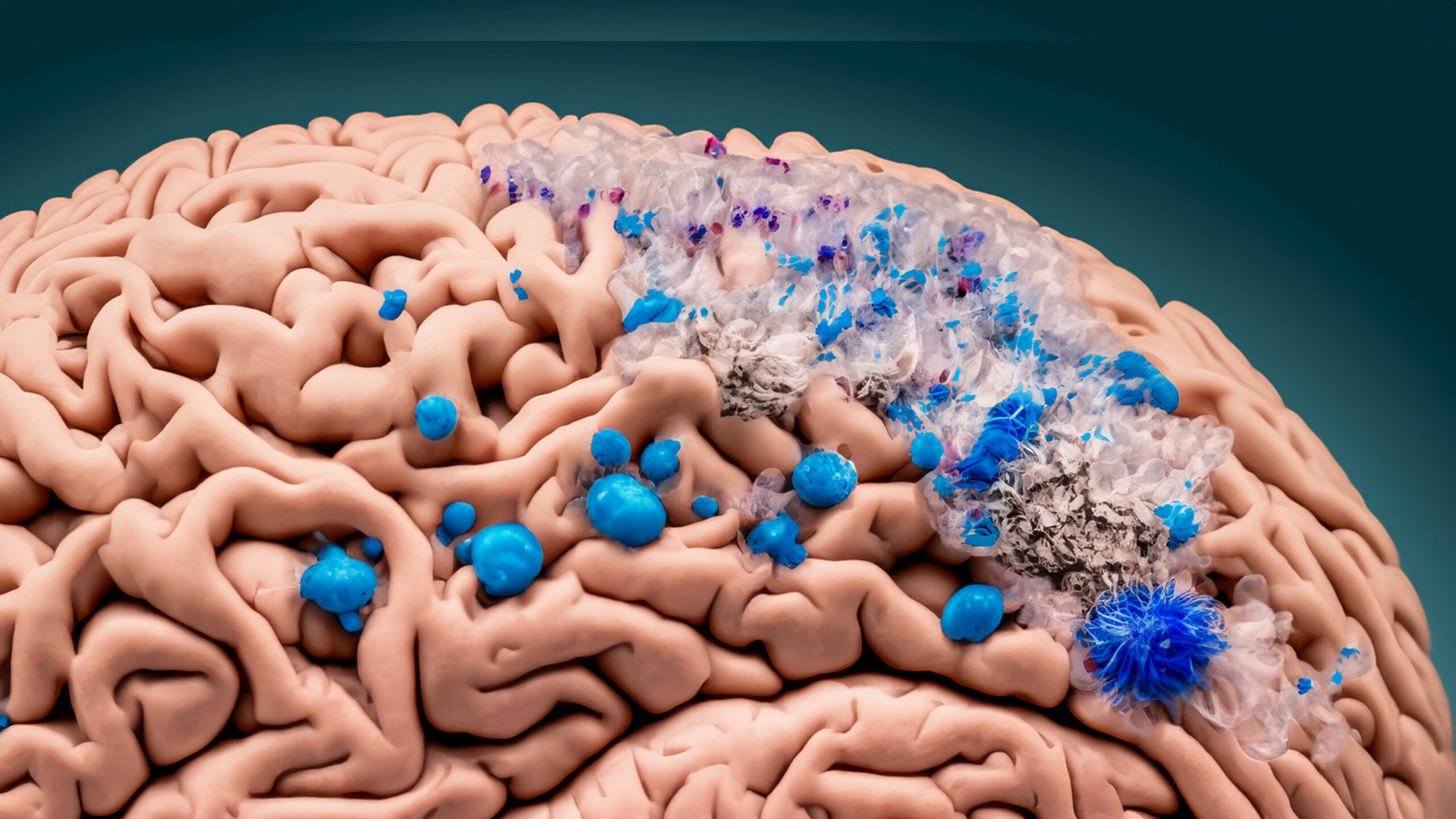406
By Douglas Main A growing body of scientific evidence shows that microplastics are accumulating in critical human organs, including the brain, alarming findings that highlight a need for more urgent actions to rein in plastic pollution, researchers say. Different studies have detected tiny shards and specks of plastics in human lungs, placentas, reproductive organs, livers, kidneys, knee and elbow joints, blood vessels, and bone marrow. Given the research findings, “it is now imperative to declare a global emergency” to deal with plastic pollution, said Sedat Gündoğdu, who studies microplastics at Cukurova University in Turkey. Humans are exposed to microplastics – defined as fragments smaller than five millimeters in length – and the chemicals used to make plastics from widespread plastic pollution in air, water, and even food. The health hazards of microplastics within the human body are not yet well-known. Recent studies are just beginning to suggest these particles could increase the risk of various conditions such as oxidative stress, which can lead to cell damage and inflammation, as well as cardiovascular disease. Animal studies have also linked microplastics to fertility issues, various cancers, a disrupted endocrine and immune system, and impaired learning and memory. There are currently no governmental standards for plastic particles in food or water in the United States. The Environmental Protection Agency is working on crafting guidelines for measuring them, and has been giving out grants since 2018 to develop new ways to quickly detect and quantify them. Finding microplastics in more and more human organs “raises a lot of concerns,” given what we know about health effects in animals, studies of human cells in the lab, and emerging epidemiological studies, said Bethanie Carney Almroth, an ecotoxicologist at the University of Gothenburg in Sweden. “It’s scary, I’d say.”
Cross posted from: https://slrpnk.net/post/12562892



Inb4 we’re hunting uncontacted tribespeople to collect unpolluted samples, and they are also polluted.
Its in the rain so it wouldn’t surprise me at all
Weird idea, but is there anyone we know of from very early in the space race who died in space and is still up there in a capsule or something like that?
They might not be completely free of micro plastics but it might give us something to compare ourselves against at least (IE how much micro plastic is in someone from say 1962 compared to now).
I think our best bet is old green boots on Mount Everest, frozen in time.